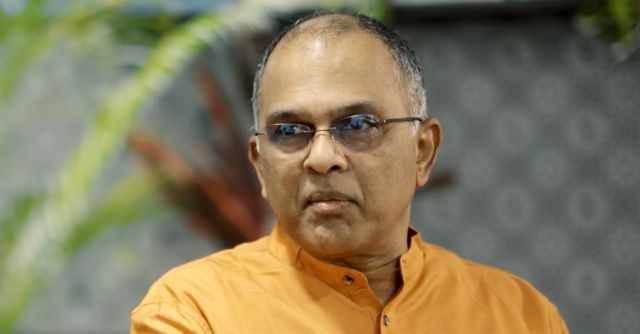
ZS aims to add 2000 employees in India by next year: Arun Shastri


ZS, a U.S.-based management consulting and technology firm, which has over 70 per cent of its 13,000 employees in India, aims to add nearly 2,000 more by 2025, according to the company’s Principal Arun Shastri. In an interview with TechCircle, he said, the new hires will come from both campus and market sources to meet client project talent requirements.
The company is expanding its innovation capabilities and hiring at all levels based on business needs to enhance its healthcare and other portfolios, said Shastri. He said that for entry-level positions, the company prioritises technical and analytical skills, seeking data scientists, analysts, and individuals with foundational knowledge in AI and GenAI who can collaborate with technology tools to create real-world solutions.
Since starting in India in 2005, Chicago-based ZS has grown to six offices in Pune, Bengaluru, Gurgaon, Noida, and Chennai, and in October expanded to Hyderabad, employing a total of nearly 9,000 people.

“The new Hyderabad office supports our expanding client needs by providing comprehensive Global Capability Centre (GCC) services. This expansion is a crucial part of our growth strategy in India, enhancing our proximity to clients and current and future employees,” said Shastri.
With 90 per cent of the company’s innovation and client impact driven out of India, the country is an innovation, technology, and talent hub for global clients, he added.
In discussing the AI trends that Chief Information Officers (CIOs) should monitor in the upcoming months, Shastri emphasised the role of both classical and generative AI in improving workflows. He noted, "Although the pace of model development has decelerated, leading companies such as AWS, Microsoft, Google, and Meta are adopting various strategies, which include investing in open-source models and enhancing large language models to bolster reasoning capabilities for intricate tasks."
Likewise, Shastri pointed out that ZS has also achieved notable efficiency improvements by revamping its coding and operational methodologies in response to the swift adoption of AI technologies. However, challenges exist and narratives surrounding AI is also evolving, with concepts like "autonomous agents" and "agentic workflows" indicating its increasing complexity.

Speaking about how companies can mitigate the challenges associated with AI implementation and develop a successful AI strategy, Shastri said, the way forward is to treat AI with the same level of diligence as any digital transformation initiative, ensuring the presence of strong advocates, promoting user adoption, and ensuring long-term sustainability. Keeping abreast of technological trends is vital to prevent investments in solutions that may soon become outdated.
According to Shastri, historically, CIOs and Chief Technology Officers (CTOs) had limited influence over data science, as data scientists typically operated within business units to leverage domain knowledge. However, with advancements in machine learning and cloud technologies, their responsibilities are evolving.
Today, CIOs and CTOs are increasingly tasked with overseeing software and providing businesses with the necessary infrastructure, such as large language models, to optimize operations. The most successful AI implementations will combine both classical and generative AI methodologies, said Shastri.

ZS, which has over 35 offices globally, serves clients across various sectors, including life sciences, technology, travel, agriculture, and medical solutions.
